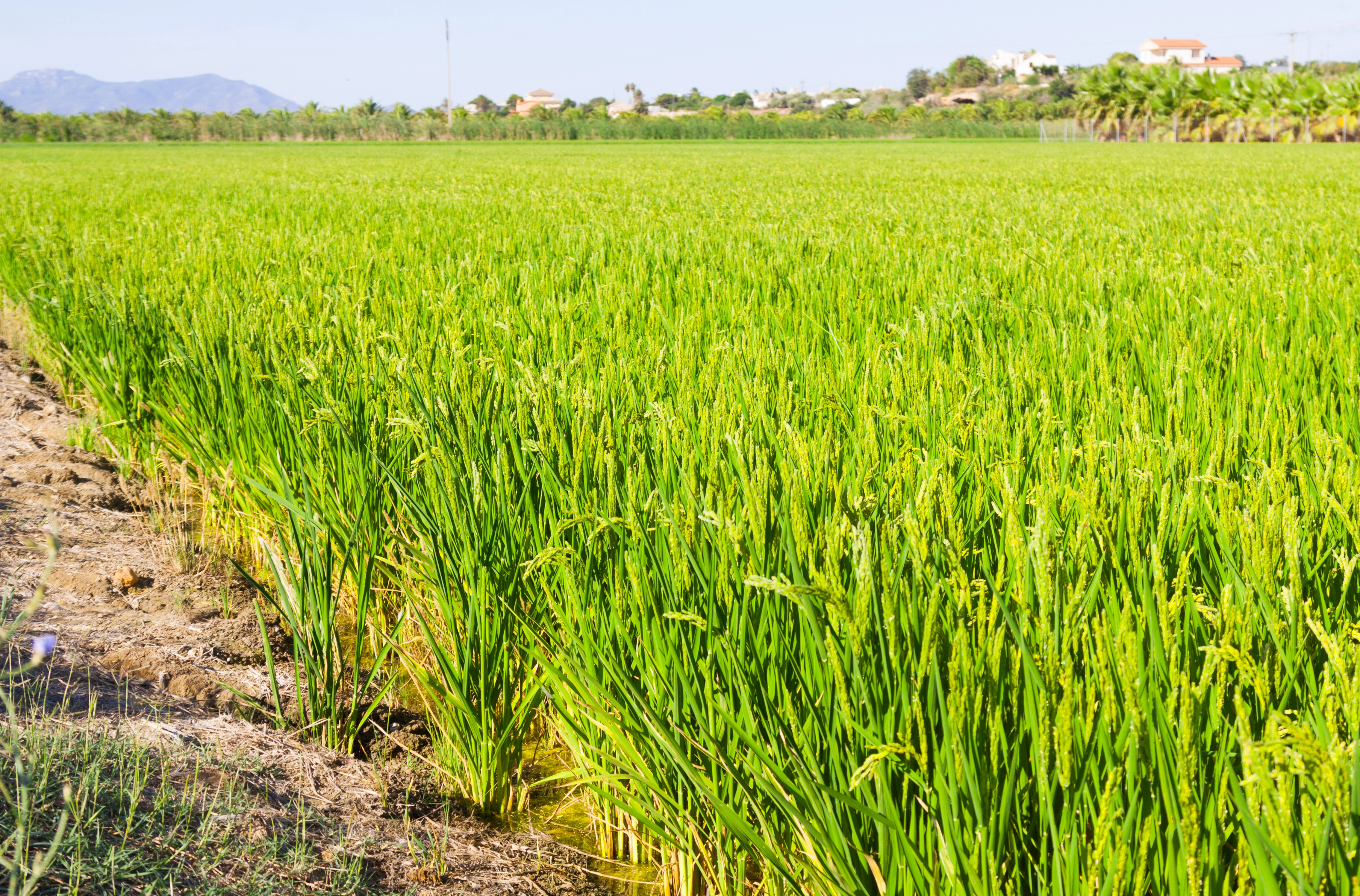Introduction
In modern agriculture, ensuring balanced crop nutrition is crucial for achieving high yields, improving plant health, and maintaining soil fertility. Among the many fertilizers available, magnesium sulphate fertilizer stands out as an essential supplement that provides vital nutrients to plants. It supplies magnesium (Mg) and sulphur (S), two key elements that play a significant role in plant metabolism, photosynthesis, and overall crop development.
Despite its importance, many farmers and growers overlook the benefits of magnesium sulphate fertilizer, leading to deficiencies that can significantly impact crop productivity. In this blog, we will explore why magnesium sulphate fertilizer is vital for balanced crop nutrition and how it enhances plant growth and nutrient absorption.
Understanding Magnesium Sulphate Fertilizer
Magnesium sulphate fertilizer is a water-soluble nutrient source that contains two essential elements:
- Magnesium (Mg) – A crucial component of chlorophyll, responsible for photosynthesis and energy production in plants.
- Sulphur (S) – Aids in enzyme production, protein synthesis, and plant metabolism.
This combination makes magnesium sulphate fertilizer highly effective in promoting plant health and increasing yields in various crops, including fruits, vegetables, cereals, and cash crops like cotton and sugarcane.
Role of Magnesium in Crop Nutrition
1. Essential for Photosynthesis
Magnesium is a central component of chlorophyll, the green pigment in plants that enables photosynthesis. Without sufficient magnesium, plants cannot produce the energy required for growth and development, leading to stunted growth and poor yields.
2. Enhances Nutrient Uptake
Magnesium plays a key role in nutrient transportation within the plant. It helps in the absorption and movement of vital nutrients like phosphorus and nitrogen, ensuring that plants receive a balanced diet for optimal growth.
3. Improves Seed Formation
In crops such as wheat, maize, and pulses, magnesium contributes to proper seed development. A deficiency can lead to lower seed production and reduced grain quality.
4. Strengthens Plant Cell Walls
Magnesium aids in cell wall formation, making plants more resilient to environmental stress, pests, and diseases.
Role of Sulphur in Crop Nutrition
1. Enhances Protein and Amino Acid Production
Sulphur is an essential component of amino acids, which are the building blocks of proteins. Crops require sufficient sulphur to synthesize proteins necessary for growth and yield improvement.
2. Boosts Oil Content in Oilseeds
Oilseed crops like mustard, soybean, and sunflower require high amounts of sulphur to enhance oil content and improve seed quality.
3. Increases Disease Resistance
Sulphur is known to strengthen plant defense mechanisms, making crops more resistant to fungal infections and other diseases.
4. Supports Root Development
Sulphur plays a significant role in root growth, improving the plant’s ability to absorb water and nutrients from the soil.
Symptoms of Magnesium and Sulphur Deficiency
A lack of magnesium sulphate fertilizer can lead to visible deficiencies in crops, affecting their health and productivity. Here are common symptoms to watch for:
Magnesium Deficiency:
- Yellowing of leaves, especially older leaves (interveinal chlorosis)
- Reduced plant growth
- Poor fruit and flower development
Sulphur Deficiency:
- Pale green or yellow leaves
- Delayed flowering and maturity
- Reduced protein synthesis leading to stunted growth
If these symptoms are observed, applying magnesium sulphate fertilizer can quickly correct deficiencies and restore plant health.
Benefits of Using Magnesium Sulphate Fertilizer
1. Water-Soluble and Quick Absorption
Unlike some fertilizers that take time to break down in the soil, magnesium sulphate fertilizer is highly soluble in water. This ensures that plants can rapidly absorb the nutrients, leading to faster improvement in plant health.
2. Enhances Crop Yield and Quality
By supplying essential magnesium and sulphur, this fertilizer improves overall crop productivity. Crops develop better foliage, stronger stems, and higher fruit and grain production.
3. Suitable for Various Crops
Magnesium sulphate fertilizer is beneficial for a wide range of crops, including:
Vegetables (tomatoes, potatoes, onions)
Fruits (citrus, bananas, apples)
Cereal crops (wheat, rice, maize)
Oilseeds (mustard, soybean, sunflower)
4. Balances Soil Nutrients
Using magnesium sulphate fertilizer ensures that the soil remains enriched with magnesium and sulphur, preventing nutrient depletion and maintaining long-term soil fertility.
5. Compatible with Other Fertilizers
Magnesium sulphate can be easily mixed with other fertilizers like nitrogen, phosphorus, and potassium (NPK) without causing any adverse reactions, making it a versatile choice for integrated nutrient management.
Best Practices for Applying Magnesium Sulphate Fertilizer
To maximize the benefits of magnesium sulphate fertilizer, proper application methods should be followed:
Soil Application-
- Mix with soil before planting to provide a steady supply of nutrients.
- Apply during the growing season based on soil test recommendations.
Foliar Spray-
- Dissolve in water and spray directly on leaves for quick nutrient absorption.
- Ideal for correcting deficiencies during critical growth stages.
Drip Irrigation-
- Use in fertigation systems to supply nutrients through irrigation water.
- Ensures even distribution and efficient uptake by plants.
Why Farmers Should Choose Magnesium Sulphate Fertilizer
1. Eco-Friendly and Safe for Organic Farming
Since magnesium sulphate fertilizer is a natural mineral-based product, it is suitable for organic farming practices, ensuring healthy crops without harming the environment.2. Cost-Effective Nutrient Solution
Compared to other fertilizers, magnesium sulphate fertilizer is affordable and provides multiple benefits, making it a cost-effective choice for farmers.3. Enhances Overall Plant Health
Regular use of magnesium sulphate fertilizer strengthens crops, making them more resilient to environmental stress, pests, and diseases.For farmers aiming to achieve balanced crop nutrition, magnesium sulphate fertilizer is an indispensable resource. It provides essential magnesium for photosynthesis and nutrient uptake, while sulphur supports protein synthesis, root development, and disease resistance. By incorporating magnesium sulphate fertilizer into their nutrient management plan, farmers can ensure healthier crops, improved yields, and long-term soil fertility.
With its versatility, quick absorption, and compatibility with other fertilizers, magnesium sulphate fertilizer is a valuable addition to any farming practice. Whether applied through soil incorporation, foliar sprays, or fertigation, it guarantees optimal plant growth and sustainable agricultural productivity.
For high-quality magnesium sulphate fertilizer and other agricultural inputs, trust Humic Factory to provide the best solutions for your farming needs!





